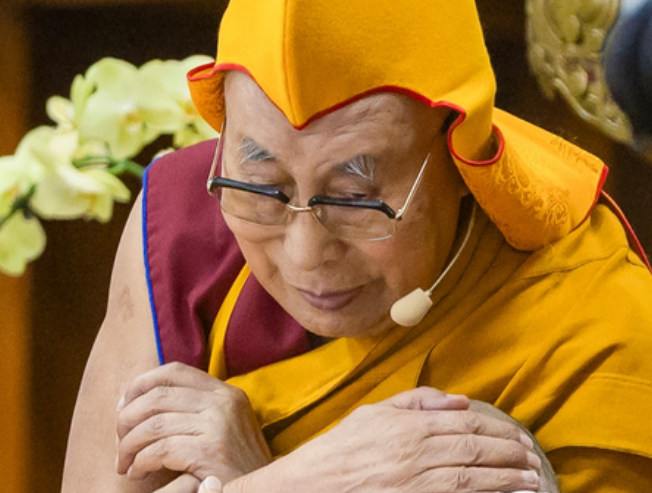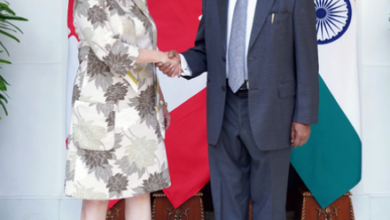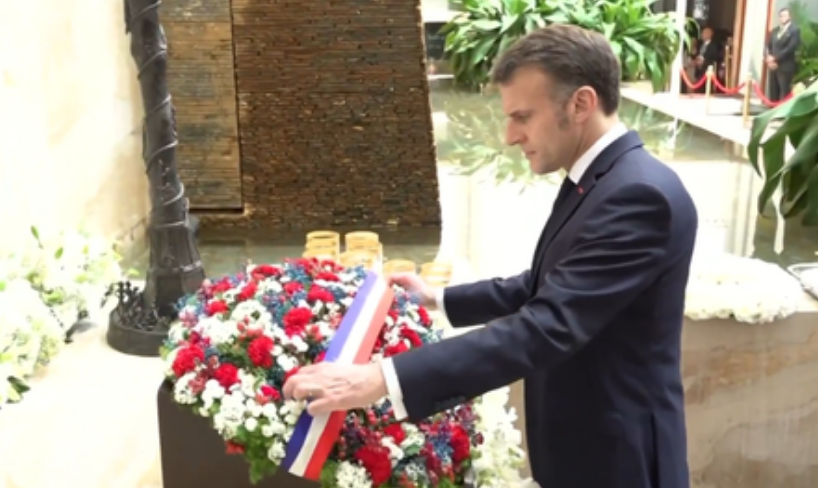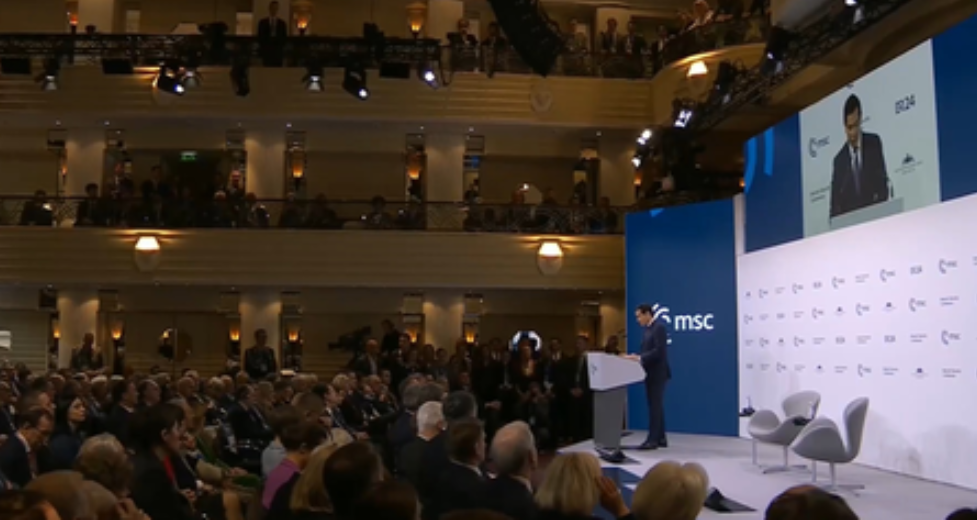China Steps Up Crackdown on Tibetan Religious Practices, Confiscates Dalai Lama Photos

COLOMBO, Sri Lanka — The Chinese government has intensified its campaign against Tibetan Buddhism by raiding a major monastery in the Amdo region and surrounding villages to seize photographs of the Dalai Lama, according to reports from Ceylon Wire News. The move marks another escalation in Beijing’s efforts to suppress the influence of the exiled Tibetan spiritual leader across Tibet.
Authorities targeted the Larang Tashi Khyil Monastery, along with nearby villages including Thangnag, Ngonchag, Ledruk, and Sangkhog. During the raids, officials confiscated images of the Dalai Lama, which China has banned in Tibet for years. Residents and monks reported that local communications were cut off as security forces searched homes and monastic quarters.
Human rights groups have repeatedly documented incidents where Tibetans have faced detention, interrogation, or physical assault for possessing or displaying the Dalai Lama’s likeness. The Dalai Lama, who fled Tibet in 1959, remains deeply revered among Tibetans despite Beijing’s attempts to limit his cultural and religious influence.
In addition to the photo seizures, Chinese authorities reportedly compelled monks, nuns, and senior religious leaders to attend a state-organized religious ceremony led by Gyaltsen Norbu, the government-appointed Panchen Lama. Among those forced to attend were the 7th Gunthang Rinpoche and high-ranking abbots from major monastic centers.
Beijing has promoted Gyaltsen Norbu as part of a broader campaign to reshape Tibetan Buddhism under state authority. The Chinese government rejects the Dalai Lama-recognized 11th Panchen Lama, Gendun Choekyi Nyima, who disappeared at age six in 1995 and has not been seen publicly since. Rights groups widely consider him one of the world’s youngest political prisoners.
This latest sweep follows earlier directives in parts of Eastern Tibet, where residents were ordered to replace images of the Dalai Lama with portraits of Chinese leaders and sign pledges expressing loyalty to the Communist Party. Violations have reportedly resulted in loss of state benefits and surveillance measures.
Freedom House and other human rights organizations have described China’s controls in Tibet as among the most severe in the world, noting that expressions of Tibetan religious and cultural identity are often treated as political threats.
Advocacy groups say Beijing’s approach seeks to weaken Tibetan spiritual autonomy and replace it with a state-approved version of Buddhism that aligns with Communist Party ideology. Observers warn that without stronger international pressure, Tibet’s religious heritage faces continued erosion.
The Chinese government has not publicly commented on the reported raids. (Source: IANS)






